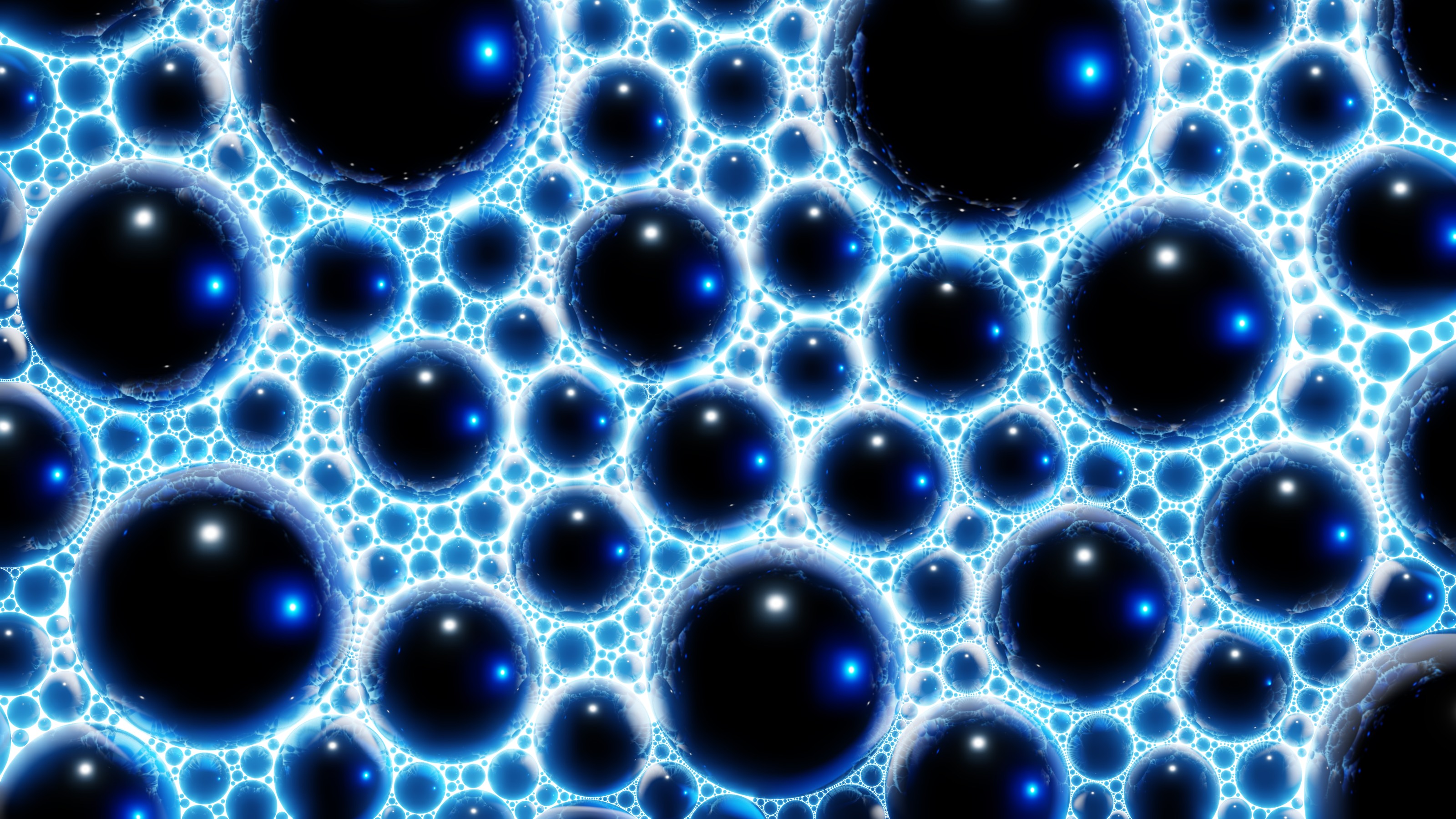The Science of Popularity Shows Why Hit-Making Is So Hit-and-Miss

1. The causes of hits are themselves uncausable. Derek Thompson’s lesson-packed tour of the “science of popularity,” Hit Makers, shows why. Seems our nerd tools struggle with social dynamics.
2. Timing is one key uncausable. The second-best-selling song ever flopped until being revived by a movie.
3. Thompson says “No… formul for… a popular product” exists. But why do causal formulas work for stars in space, while pop stars frustrate formula hunters?
4. Physics handles objective, measurable intrinsic traits and forces that compete in rigidly formula-friendly ways. But hit products involve competing fickle social forces, subjective tastes, and non-intrinsic, relational, social-systemic, hard-to-measure traits.
5. In the “chaos” of markets, it’s pretty to think that merit wins, but marketing and distribution matter as much as product features. Likewise many unforceable social factors.
6. It’s not that lipstick on a pig works (marketing often fails). Talent and execution matter, but many non-pigs could “win”. For instance, faking popularity rankings can transform also-rans into hits.
7. Belief that a song is popular can make it seem the “best.” Traits like best-ness or beauty often aren’t intrinsic and absolute, they’re relative, social, and extrinsically context-dependent.
8. Though “Nobody knows anything” is a popular motto, Thompson reveals rule-of-thumb patterns, like Raymond Loewy’s MAYA = most advanced yet acceptable. Make it new, but not too new. That hit-the-spot new-ness is often spruced-up, remixed, reliable oldness.
9. Despite much innovation-worshiping talk, we’re mostly both neophobes and neophiles (disliking and seeking novelty).
10. Presuming that stable, context-independent individual traits cause behavior is called the “Fundamental Attribution Error” (see psychophysics, sociocentric philosophies).
11. We’re shifting patchworks of contradictory-seeming opposites: “At times we are as different from ourselves as we are from others.”— Montaigne.
12. Aristotle’s unpopular (because ultimate-purpose-laden) four-cause model (material, formal, proximate, ultimate) could be usefully refashioned for social causation. Much is caused by social purposes and social cartesian factors. (Social beliefs about the unreal Santa Claus move unreal amounts of real merchandise).
13. Much uncausablility is itself caused by gameness, where what to do depends on what others do, and good strategies can become self-defeating formulas when deployed against you (see Game Theory).
14. Clearer “causology” should match the three distinct ways futures arise from pasts—Newtonian or Darwinian or Berlinian patterns. (Aside: Thompson misuses Newtonian here).
15. Each pattern type has unpredictability—we can’t precisely predict climate or evolution or sports. The entirely Newtonian weather isn’t calculable, but deeper issues animate unpredictability in the other pattern types. Traits like evolutionary or sporting or economic fitness aren’t intrinsic. They’re relative and systemic (having a “social cartesian” existence).
16. So the science of popularity turns out to an art, requiring skill and luck.
17. The “wheel of fortune” is an ancient symbol of luck. Fortune’s fickleness ensures those on top are easily toppled (by fortune turning). For ancient Greeks, whatever couldn’t be caused by will was in the gift of the gods (winning battles, hit contests, sleep etc): You can’t make your fortune, fortune makes you.
18. Beware any who can’t see the luck in their success (see Robert Frank, risky hubris).
—
Illustration by Julia Suits, The New Yorker cartoonist & author of The Extraordinary Catalog of Peculiar Inventions





